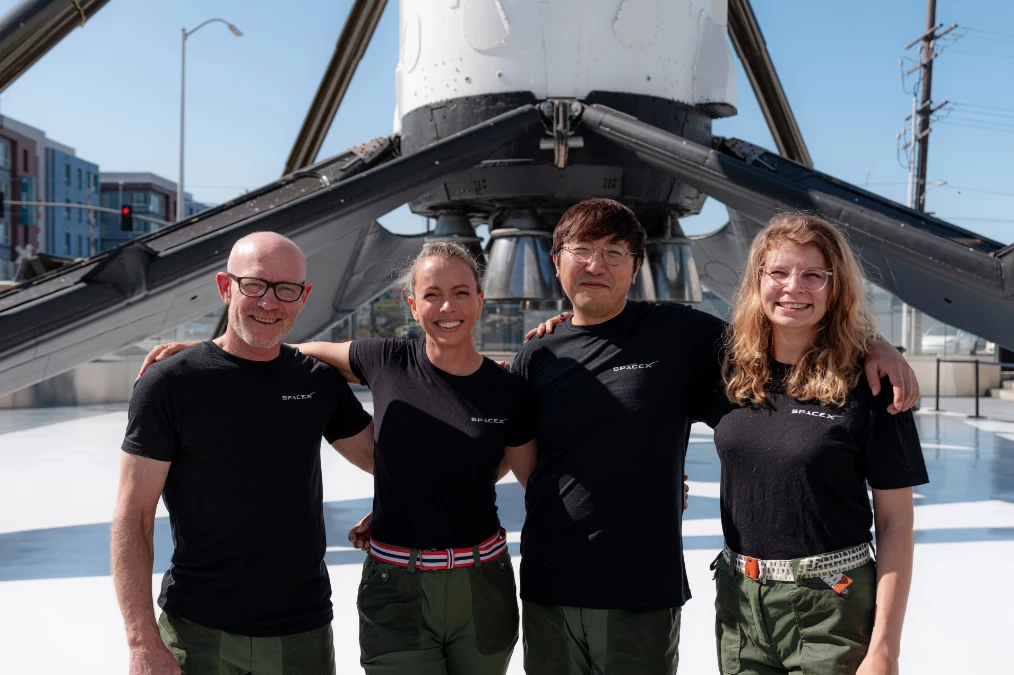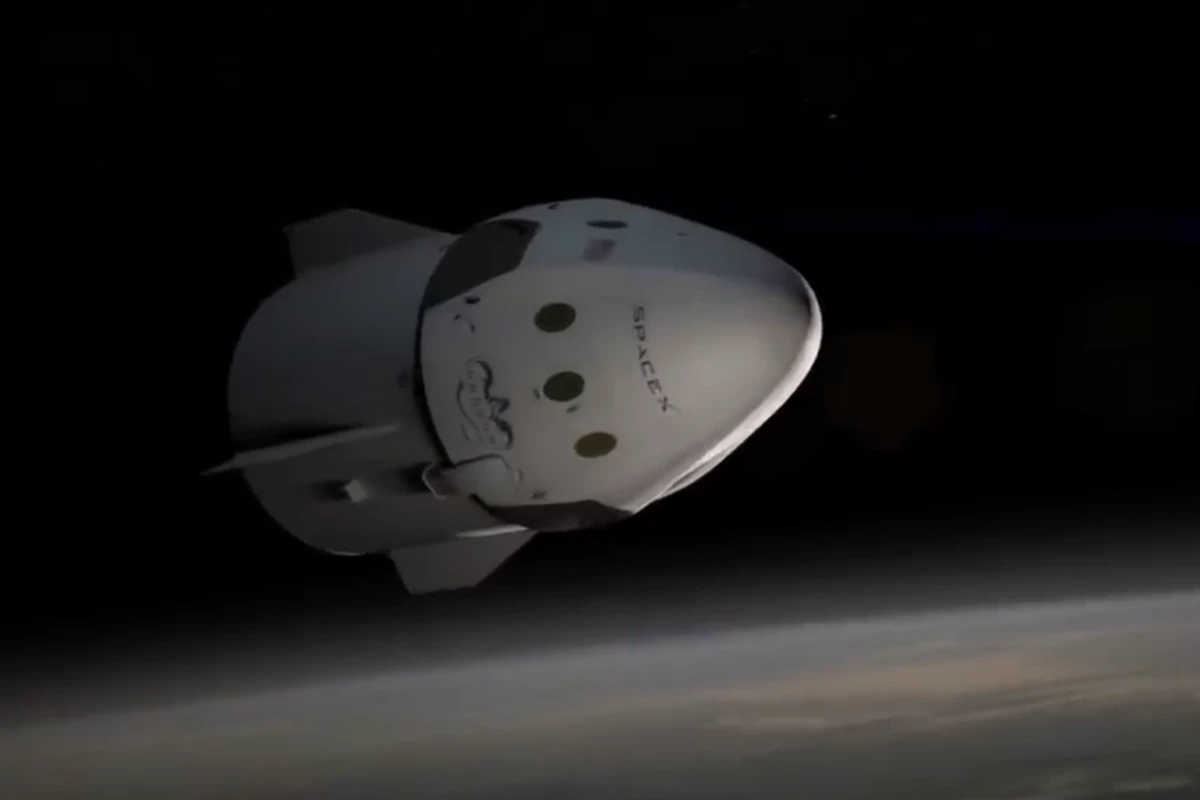Not content with sending tourists into space as a general destination, SpaceX plans by the end of the year to send a private space expedition, called Fram2, aboard a Dragon spacecraft on the first crewed mission to travel over the Earth's poles.
Astronauts have been going into space for over 64 years, so one more orbital mission usually isn't anything to write home about. But until now, all crewed orbital missions have been restricted to trajectories that remained in the middle latitudes.
The furthest north or south any mission has gone is the Soviet Vostok 6 mission in 1963 that reached an inclination of 65° from the equator, and was also notable for carrying the first woman into space.
Meanwhile, Fram2 plans to take humans directly over the North and South Poles for the first time.

Why no astronauts have done this before is because there hasn't been any reason to send them into polar orbit. Polar missions are a bit tricky because they can't rely on the Earth's rotation to give them a boost in velocity and so these have been confined to military reconnaissance, mapping, remote surveying, and other specialized tasks. As for Fram2, the reason is basically the same as the one to conquer Mount Everest in 1953 – no one has done it yet.
Named after the famous ship Fram used by Fridtjof Nansen, Otto Sverdrup, Oscar Wisting, and Roald Amundsen to explore that Arctic and Antarctic between 1893 and 1912, Fram2 will be commanded by Chun Wang, an entrepreneur and adventurer from Malta. He'll be joined by Norway’s Jannicke Mikkelsen, vehicle commander; Australia’s Eric Philips, vehicle pilot; and Germany’s Rabea Rogge, mission specialist.
The mission is scheduled to launch no earlier than late this year atop a Falcon 9 rocket from Florida. It will orbit the Earth at an altitude of 425 to 450 km (264 to 280 miles) for three to five days. During this time the crew plans to observe aurora phenomena in the polar regions and observe the effects of spaceflight on the human body by capturing the first ever human X-ray images in space.
Source: SpaceX






